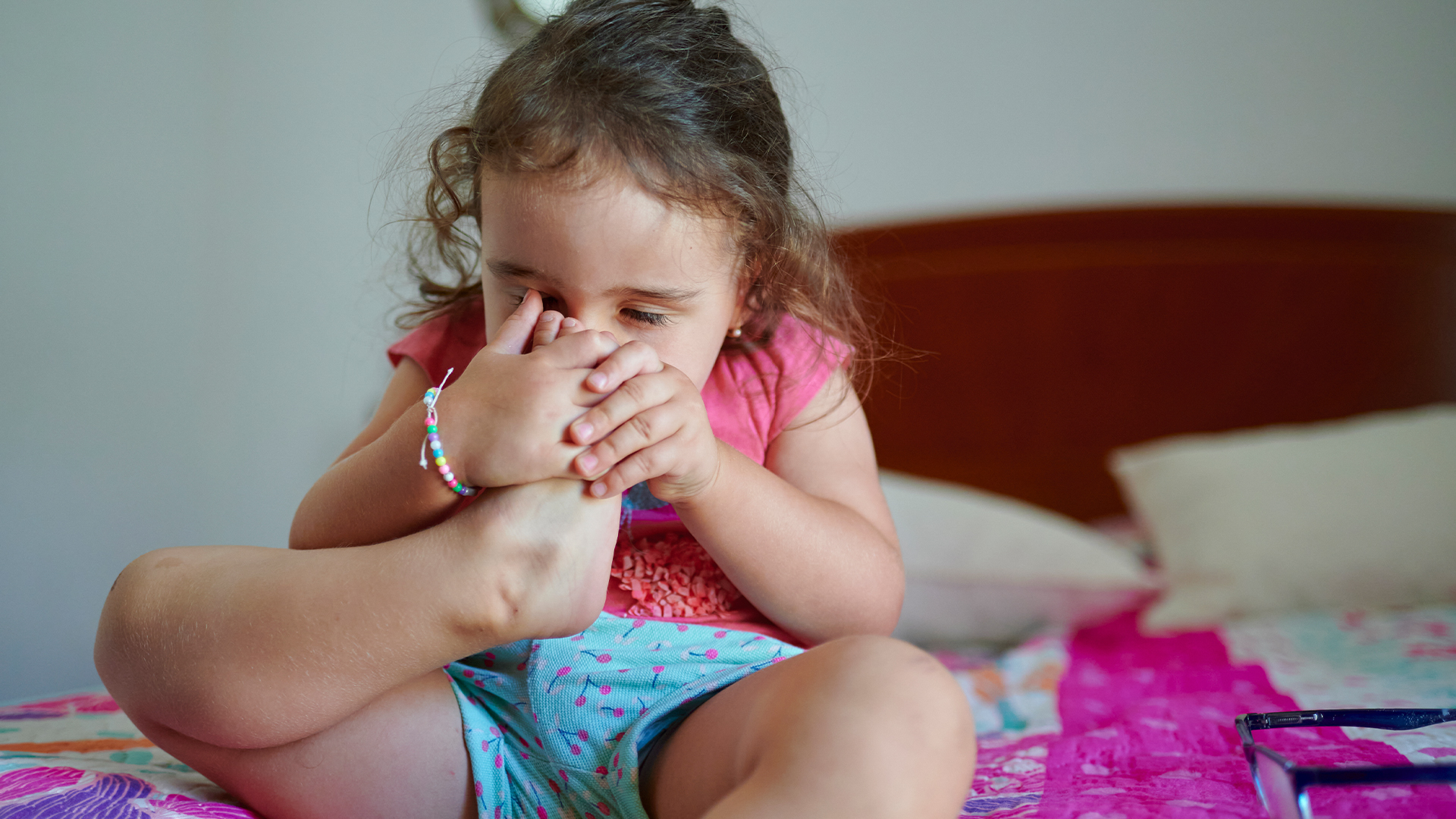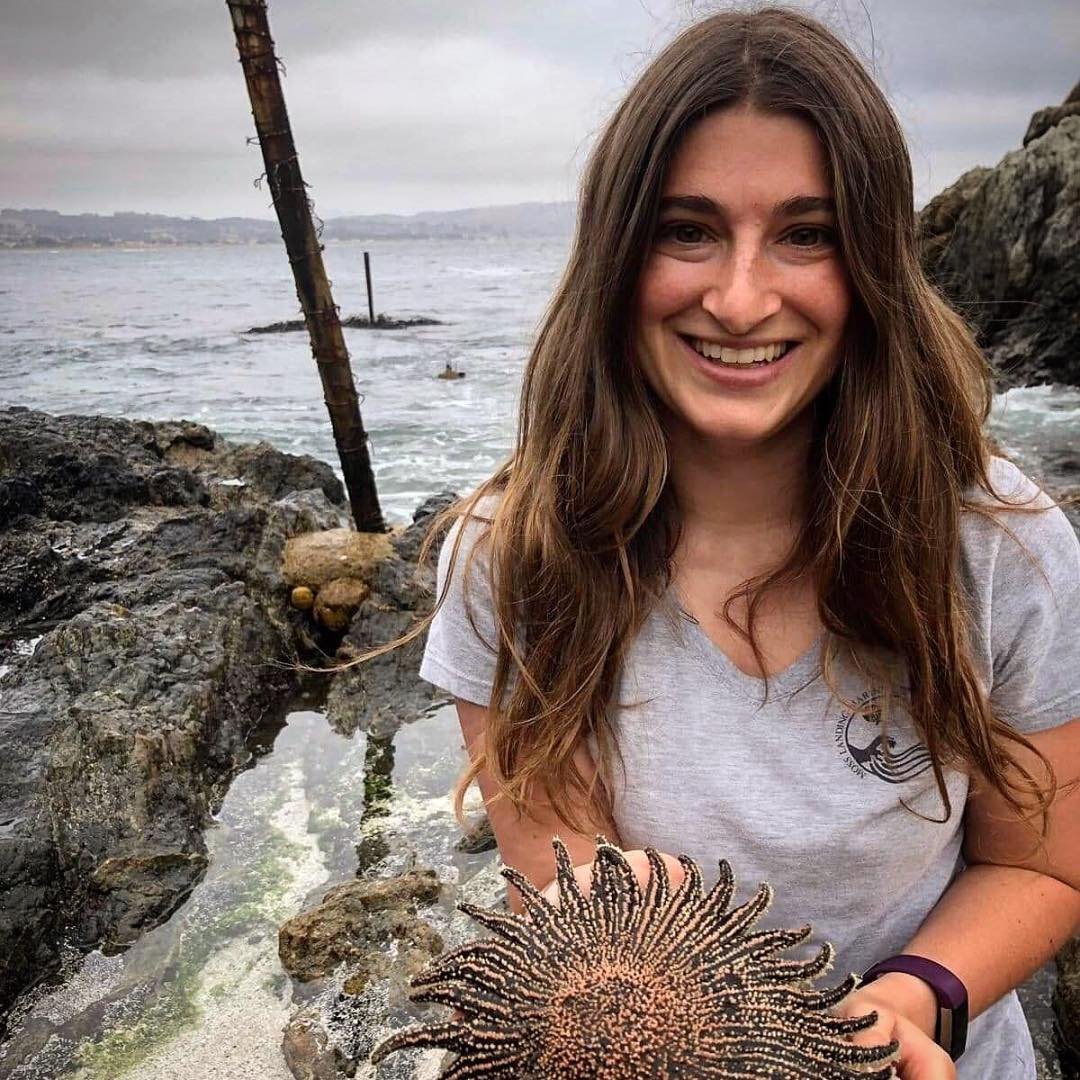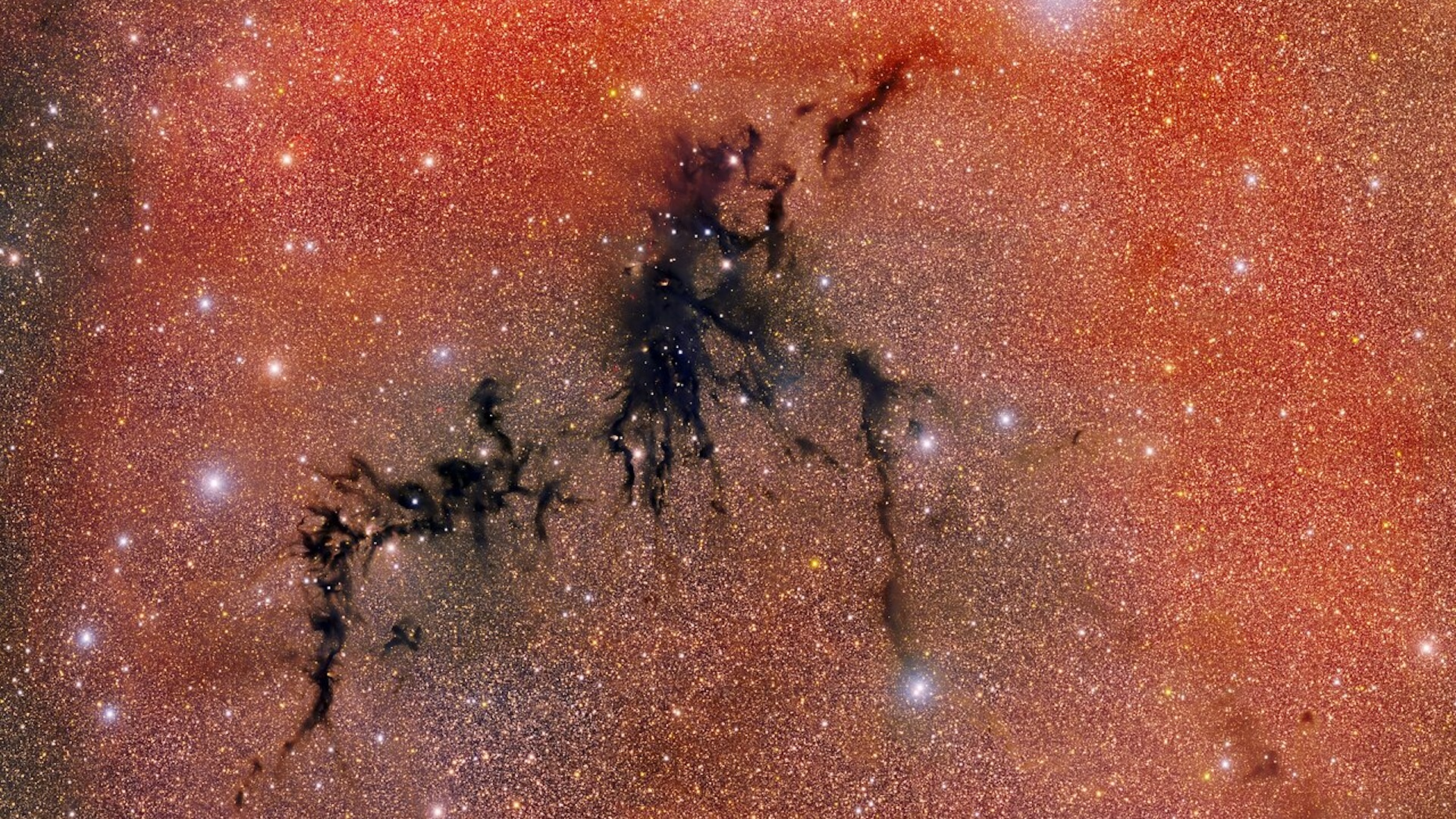
Why can't we smell ourselves as well as we smell others?
It isn't true that we can't smell ourselves, although we do become habituated to our own scent.

If you've ever taken public transportation after a visit to the gym or sat nervously on a date, maybe you've wondered whether your body odor is noticeable to other people. It's easy to tell when others are sweaty or have bad breath, and yet it seems much harder to gauge our own smelliness. Why is it that we can't smell ourselves with the same sensitivity?
While our sense of smell is often compared unfavorably with those of super sniffing species such as dogs, mice and pigs, humans aren't actually bad at smelling, and in some cases can outsniff these animal competitors. Our noses have roughly 400 different smell receptors capable of registering 10 types of odors and more than 1 trillion scents, and smell is thought to have been one of the first senses that humans evolved. One study found that humans were better at detecting plant aromatic compounds than dogs, thanks to our evolutionary history as hunter-gatherers.
Although we can indeed smell our own odors — a quick sniff of the underarm will bear this out — over time, we become desensitized to our particular scent, said Hiroaki Matsunami, a molecular neurobiologist at Duke University. "The same is true of any smell we routinely encounter," such as perfume or the inside of our house, he added. This process is known as odor fatigue, and while the cause isn't entirely understood (the thinking is it could be a change in the scent receptors or in how the brain responds to a smell), it can be reset by smelling areas with fewer sweat glands, such as the elbow or forearm.
Our ability to detect our own smell also heightens in certain situations, according to Rachel Herz, a neuroscientist at Brown University. "We have a unique body odor, and so we're really attuned to any changes in that," she told Live Science.
Related: Why does cannabis smell skunky?

For example, if you eat something garlicky or have a stressful day, you'll likely smell it in your sweat and saliva. Studies have also found links between smell and more than a dozen illnesses. Breath that smells like rotten fruit can be indicative of untreated diabetes, while typhoid makes your sweat smell like freshly baked bread. Parkinson's disease allegedly gives off a "woody, musky odor," according to one woman who claimed to notice that her husband's smell changed prior to his diagnosis. She was later able to detect the disease with almost perfect accuracy after smelling the shirts of six Parkinson's patients and six controls, and scientists are currently studying whether changes in the skin's oil, called sebum, can be used to diagnose cases before the onset of symptoms.
Beyond health, our scent is also linked to our social relationships. In a famous 1995 study, scientists asked women to sniff the T-shirts of men who had eschewed scented products. The women each had strong preferences, and researchers linked them to a set of genes called the major histocompatibility complex (MHC) that code for peptides the immune system uses to flag foreign invaders. Something in our body odor advertises our unique MHC assemblage, and women preferred the scent of men with MHC genes that were dissimilar from their own. The reason remains contentious, Matsunami said, but it's possible that having children with someone with a different combination of MHC genes might give those kids immunity to more diseases.
Sign up for the Live Science daily newsletter now
Get the world’s most fascinating discoveries delivered straight to your inbox.
Even as we push for genetically dissimilar sexual partners, we use scent to judge the similarity of our friends and often prefer those who smell like us by virtue of living in a similar environment. "We are using our sense of smell as a way of assessing the other versus the self, and have different qualifications for the role we want that person to fill," Matsunami told Live Science.
Because humans are largely visual creatures, smell simply hasn't gotten the same attention as other senses, and so many aspects of it remain unknown. But the COVID-19 pandemic reignited an interest in smell, though, because many people lost the ability in the days, weeks or years following their infection. The virus doesn't seem to destroy scent receptors or olfactory neurons, so it's unclear why it happens, Herz said. "But I'm really hoping that this interest in smell doesn't go by the wayside and that there's a continued interest and awareness and recognition that scent is actually really important and connected to everything in our lives."

Amanda Heidt is a Utah-based freelance journalist and editor with an omnivorous appetite for anything science, from ecology and biotech to health and history. Her work has appeared in Nature, Science and National Geographic, among other publications, and she was previously an associate editor at The Scientist. Amanda currently serves on the board for the National Association of Science Writers and graduated from Moss Landing Marine Laboratories with a master's degree in marine science and from the University of California, Santa Cruz, with a master's degree in science communication.









